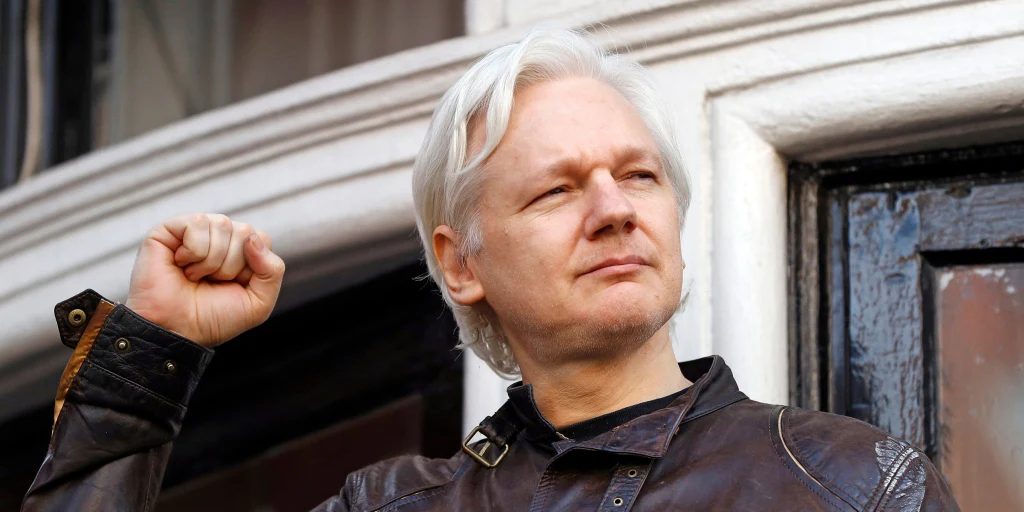WikiLeaks founder Julian Assange has received a conditional chance to contest his extradition to the United States, where he faces espionage charges. This opportunity arose after two judges, presiding over his case, called on the US administration to address specific concerns related to the extradition process. The decision postpones immediate extradition, providing Assange with a temporary reprieve and further prolonging his legal battle.
The Judges’ Decision and Its Implications
The court’s ruling hinges on the US government’s ability to furnish assurances that address the judges’ highlighted concerns regarding Assange’s potential treatment and legal rights in the United States. These concerns center around three critical areas: Assange’s right to invoke the First Amendment, the assurance that he would not be prejudiced at trial or in sentencing due to his nationality, and the explicit guarantee against the imposition of the death penalty.
Legal Arguments and Concerns
During the proceedings, Assange’s legal representation argued that the charges against him were a clear violation of his right to free speech and were politically motivated. The defense underscored the potential for a “flagrant denial of justice” if Assange were to be prosecuted in the US for his role in publishing classified documents. These documents, they contended, shed light on significant human rights violations and were thus in the public interest.
Stella Assange, Julian’s wife, criticized the court’s decision for essentially inviting a “political intervention” from the US and expressed her astonishment at the expectation for the Biden administration to provide satisfactory assurances. She emphasized the case as an act of retribution against those who expose truths inconvenient to the powers that be.
The US government has been allotted a deadline to submit the requested assurances, with further hearings scheduled to assess these assurances’ adequacy. The case has garnered international attention, with entities like Amnesty International and the National Union of Journalists calling for the US to abandon its extradition efforts. The UN’s special rapporteur on torture also voiced concerns regarding Assange’s mental health and the potential inhuman conditions he could face if extradited.


